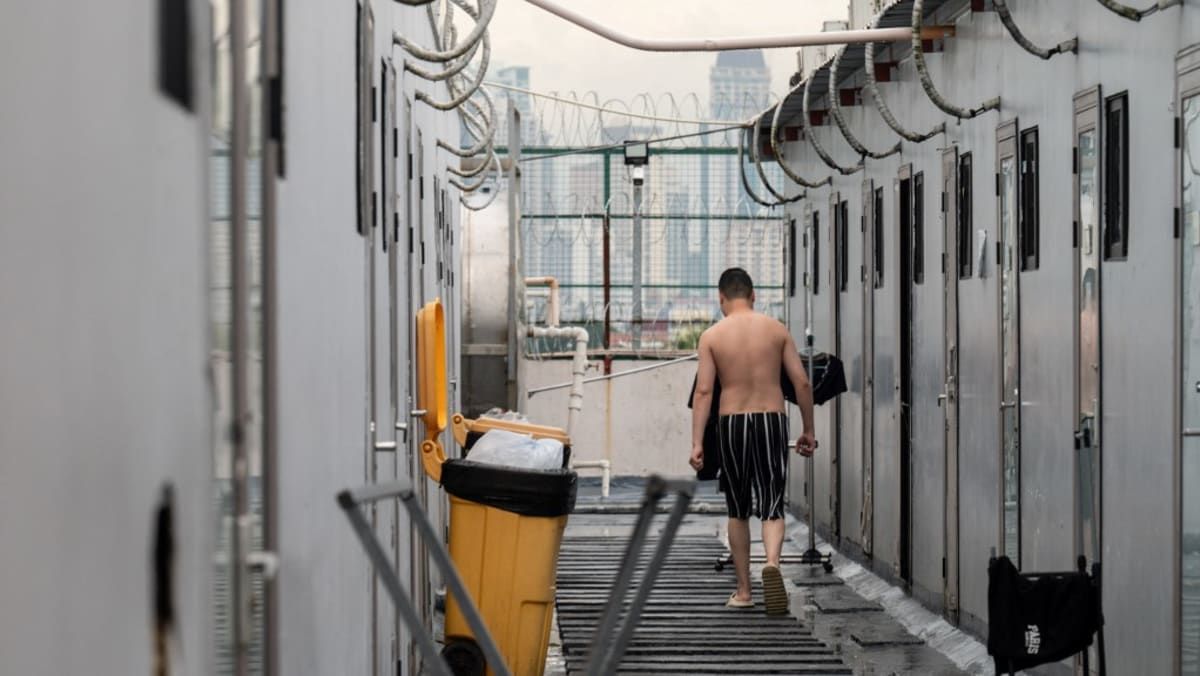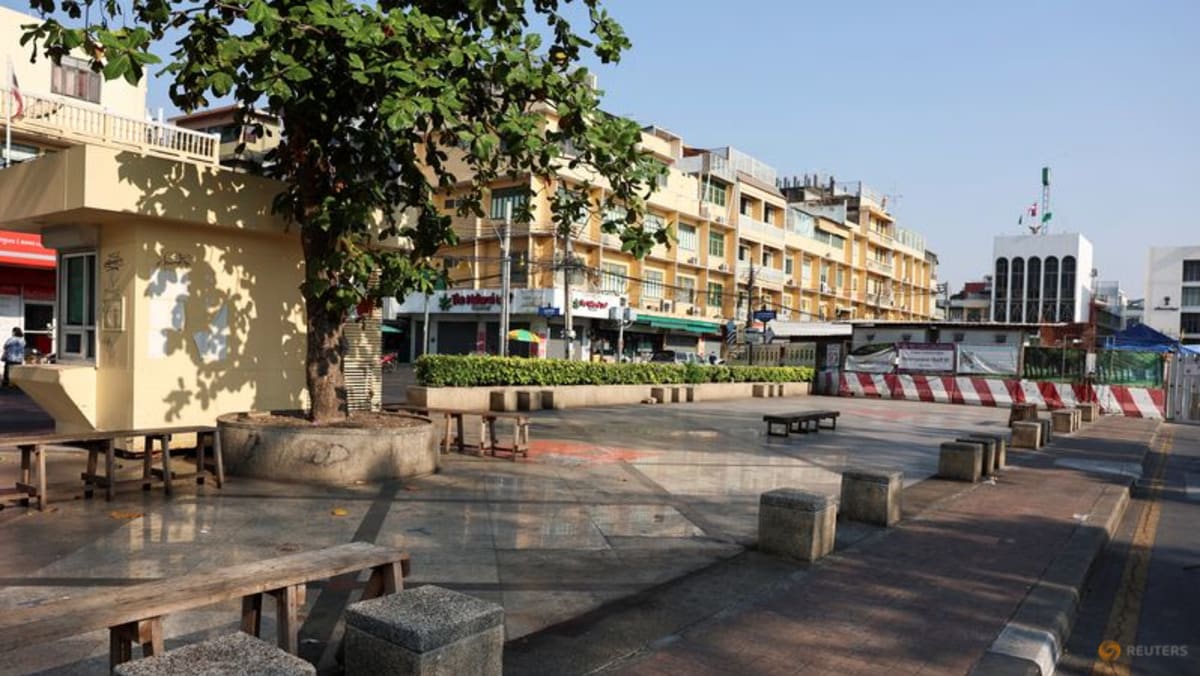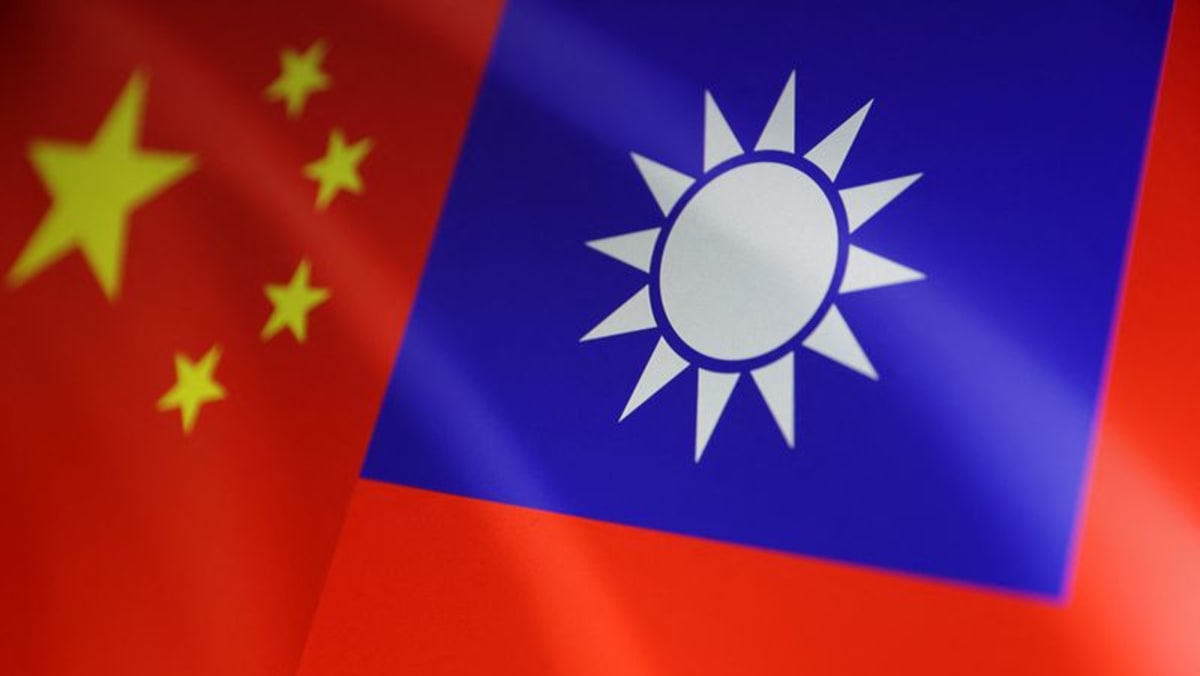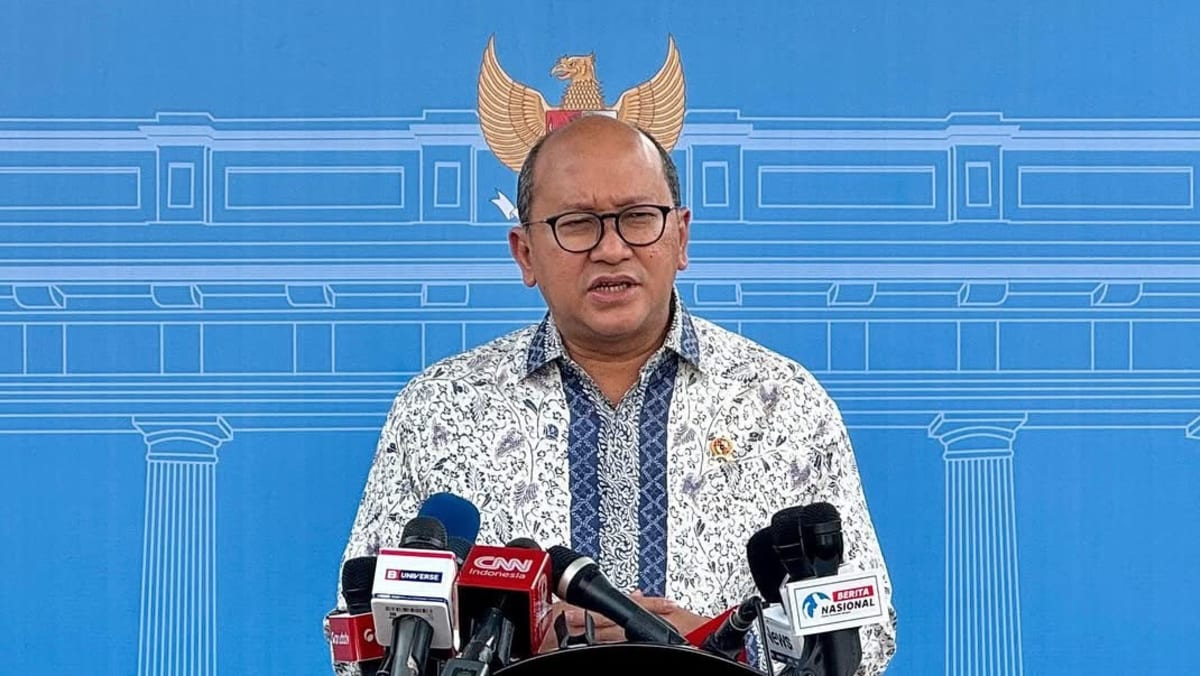SINGAPORE: On Dec 3, 2024, an appeal court in Ho Chi Minh City upheld the first instance court’s death sentence for Truong My Lan, the majority owner of Saigon Commercial Bank and former chairwoman of property developer Van Thinh Phat Group.
Among the three main charges against her, it is her embezzlement of Saigon Commercial Bank’s assets that led to her death penalty. In fact, Lan is the first private businessperson in Vietnam to be sentenced to death on embezzlement charges.
For almost a decade, Lan treated Saigon Commercial Bank as her own “piggy bank”, often illegally withdrawing money from the bank to speculate in the real estate market. Court documents show that between October 2018 and October 2022, Lan masterminded the creation of 2,527 fake loan records to siphon 1.07 quadrillion dong (US$39 billion) off the bank.
By October 2022 when she was arrested, Lan and her accomplices still owed 677.28 trillion dong to the bank, all of which were classified as bad debts.
A court verdict in April 2024 stated that Lan’s actions caused a loss of over 677 trillion dong to Saigon Commercial Bank. The recent appeal court upheld the requirement for Lan to compensate Saigon Commercial Bank for 673.8 trillion dong.
It should be noted that to prevent the bank from collapsing and causing potential harm to the entire banking system, the State Bank of Vietnam had reportedly injected US$24 billion into Saigon Commercial Bank by April 2024.
From a legal standpoint, Lan’s death sentence is justified by the magnitude of her embezzlement. As per the 2015 Criminal Code, embezzling assets valued at 1 billion dong can result in a death sentence.
Lan’s death sentence also provides a strong motivation for Lan and her family to recover at least three-quarters of the embezzled assets for the bank. By law, if this effort is successful, Lan may be able to avoid the death penalty.
From a regulatory standpoint, Lan’s death sentence also sends a powerful message to private bank owners about the dire consequences they may face if they manipulate their banks for personal gain. This is particularly crucial as the State Bank of Vietnam’s efforts to reduce cross-ownership between local conglomerates and banks have not yielded the desired results.
-2.jpg?itok=dQeiGCso)













